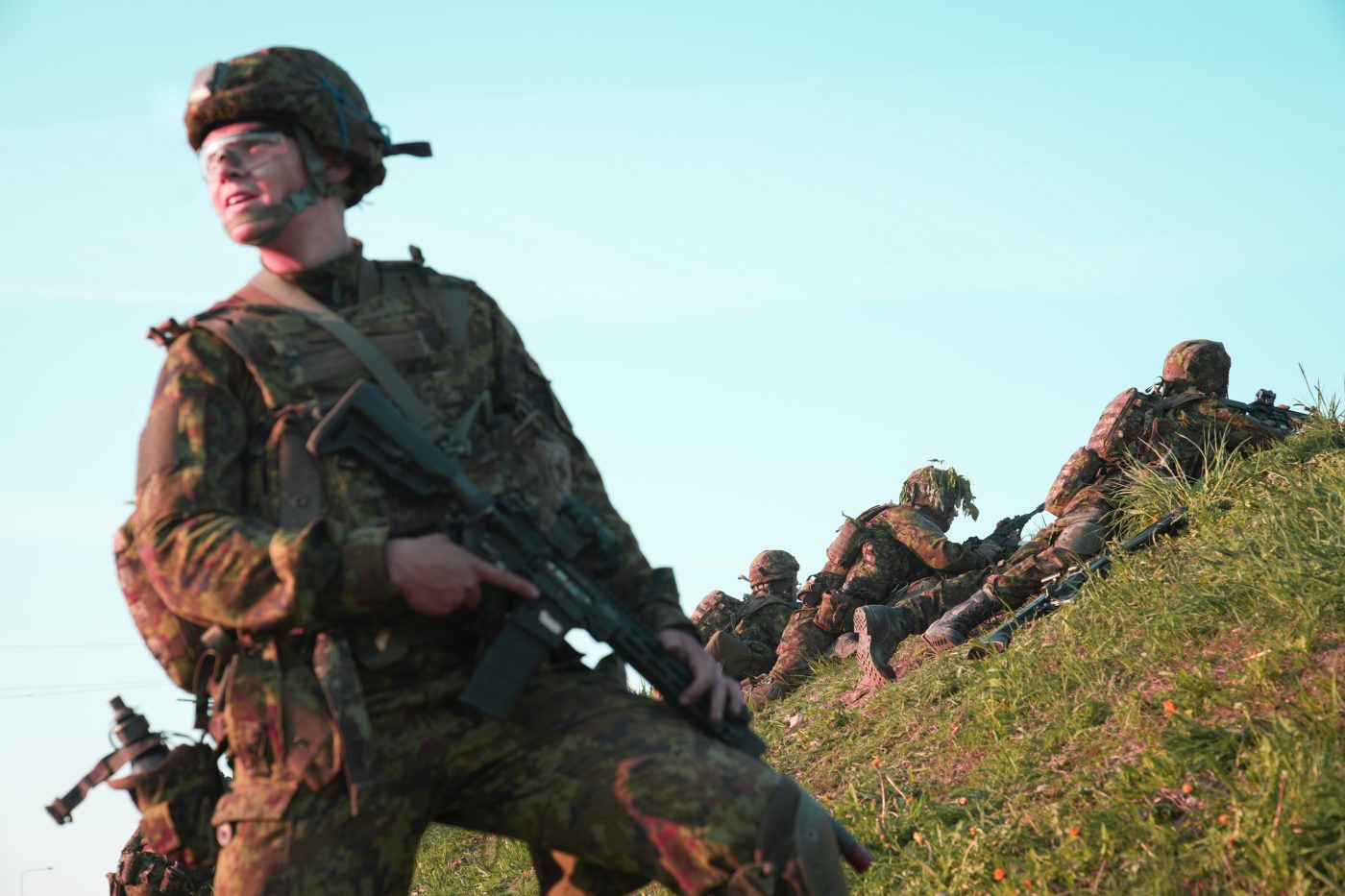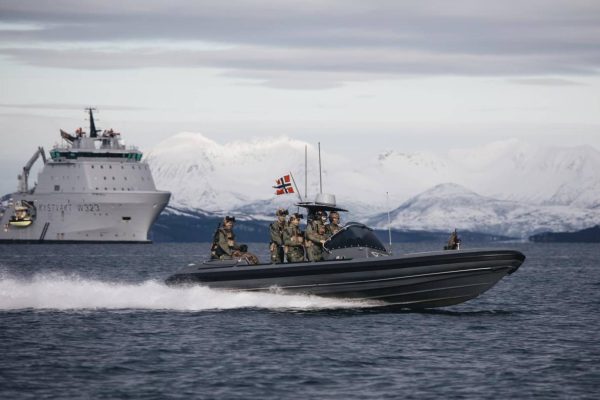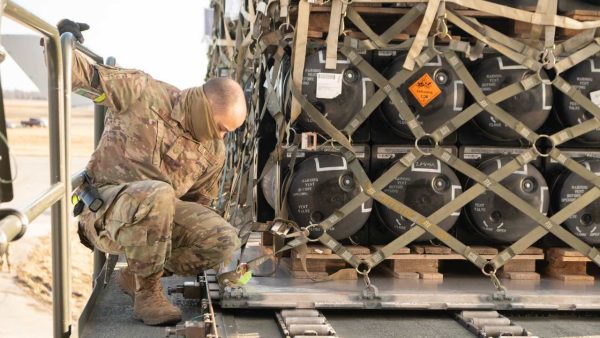European attitudes to risk vary. The “Life Free or Die” group thinks the risk of slavery under Russian rule is far worse than death. They will fight for their freedom and sovereignty, no matter what. Foremost among them are the Ukrainians, who are doing just that, right now. Close behind are the Baltic states of Estonia, Latvia, and Lithuania, plus Finland and Poland. They see war—especially if Ukraine loses—as all too possible. They are acting accordingly. Finland, always well-prepared even in the delusional post-1991 decades, stepped up its military and civilian readiness in 2022. Estonia, Latvia, and Lithuania are building fortifications on their eastern border. Poland is doubling the size of its army. All these countries are boosting their defense spending, well past the NATO benchmark of 2% of GDP. Sweden is hard on their heels in terms of preparedness and awareness, followed by Denmark and Norway.
At the other end of the spectrum are those who will not fight, no matter what. They include the free-riders (Ireland) and the trough-feeders (Austria), plus those whose leaders, for opportunistic or self-interested reasons, have decided to make friends with the Kremlin. Hungary is the prime example. They collude with Russia and (in Hungary’s case) actively disrupt alliance unity.
Most European countries are in the middle. They turn up to NATO exercises, such as Steadfast Defender, currently underway, which is the biggest alliance drill since the end of the Cold War. They are raising their defense spending, albeit grudgingly, late, and slowly.
In a crisis, this soggy middle becomes destabilizing. Imagine, for example, a sharp Russian provocation against the Baltic states or Poland. A minor land grab, perhaps, perpetrated by supposed volunteers, accompanied by cyber-attacks, airspace intrusions, sabotage, and other high-profile intimidation.
The victims and their allies will see this, correctly, as an existential threat. The provocation must be dealt with decisively and (for Russia) painfully, at all costs. Otherwise, deterrence and defence are fatally damaged. The next attack, and defeat, become inevitable.
But other European countries will not see it like that, particularly if dazed and bullied by Russian threats and stunts. They will urge caution, diplomacy, and dialog. Why risk the nuclear obliteration of European cities for a few fields in Eastern Europe? But it will not just be words. These countries (Germany, say, or Belgium) could stop reinforcements heading from west to east from using their railway system, roads, or air space. This is not hypothetical: Germany did it to Ukraine in 2021.
Not long ago, such a scenario would have seemed too lurid and unlikely to contemplate. NATO exists prompt, united decision-making in a crisis. But the fuel that drives NATO is American willpower. And that, as Ukrainians are finding to their cost, is now switched on only intermittently. Just as the American nuclear umbrella is vital to European deterrence, American pressure is vital to the continent’s unity. US credibility in Europe has been damaged horribly by Congressional shenanigans over the Ukraine package. The results are already visible.
Britain, thanks to Brexit, cannot fill the decision-making gap. France, thanks to political and presidential idiosyncrasies, is not fully trusted in Europe’s east. Germany could, in theory, play such a role, but not soon and not easily. That leaves the European institutions, chiefly the Commission. Much mocked in the past, it is now the best (albeit alarmingly slender) hope for coordinating the continent’s defense. The mooted new post of a European defense commissioner — a counterpart to the foreign policy high representative — has not yet been agreed, let alone filled. But problems are already piled, smoldering, on the newcomer’s desk.
Edward Lucas is a Non-resident Senior Fellow and Senior Adviser at the Center for European Policy Analysis (CEPA).
Europe’s Edge is CEPA’s online journal covering critical topics on the foreign policy docket across Europe and North America. All opinions are those of the author and do not necessarily represent the position or views of the institutions they represent or the Center for European Policy Analysis.





